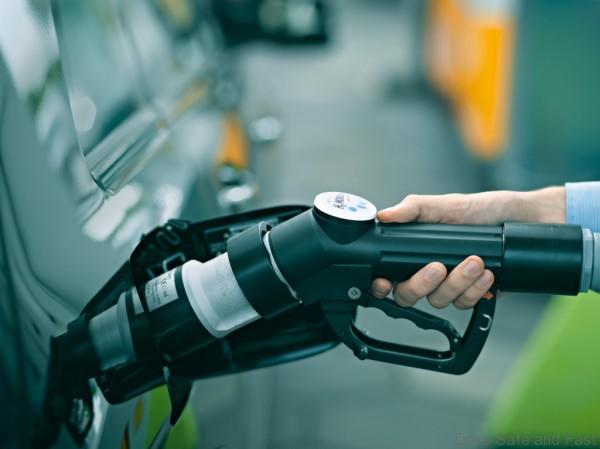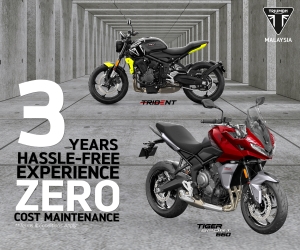California to electrify commercial vehicles in 2021
New regulations have been approved in California that will lead to a massive push towards zero-emissions electric trucks and vans in the state, replacing conventional petrol or diesel powered goods haulers on the road today.
These guidelines announced today covers a broad range of truck and van segments, from medium-duty pickups to big rigs that are integral to the goods haulage industry in America. Set to come into effect in 2024, these rules seek to encourage manufacturers to add hydrogen or battery electric powered goods vehicles to their existing electric passenger vehicle lineup.

This move is seen a positive step towards reducing greenhouse gas emissions. However in reality, this ruling while reasonable in California might not work in other less developed regions of America. Although California usually leads the charge on environmental regulations that will eventually adopted by the rest of the US, the stumbling block for this rule would be the lack of electric vehicle infrastructure in place in other regions to make this regulation feasible nationwide.

Another slight thing to consider is the vehicles themselves, an electric goods hauler capable of delivering the same payload as conventional petrol or diesel engined trucks is very different to an electric powered passenger car.
The payload quandary and the milage capability is main problem facing the battery electric big rig, even though the charging infrastructure out there may just be enough to support early adoption.
Hydrogen fuel cell semis have made better headway due to their more compact energy storage solution, but the problem with this method of road transport is the significant lack of hydrogen filling infrastructure even across developed regions like Europe and North America. In terms of smaller trucks, announcements from electric upstarts like Rivian, Nikola and even Tesla with their Cybertruck has been met much fanfare, but none have made it on the market just yet.
Meanwhile in Malaysia, we are even more far behind on the infrastructure to support either hydrogen or battery electric vehicles. While California and Europe have a limited amount of hydrogen filling stations, here in Malaysia that figure is way way lower. The same could be said for public charge points for electric vehicles. As a result, electric passenger cars here don’t see nearly the uptick in sales it has in Europe and America or even China. Only selling if the electric motors are combined with a conventional internal combustion engine and a significant tax break.
That being said, the electrification of the road haulage industry whether by hydrogen fuel cell or batteries might be the way forward towards the electrification of the automotive industry in general. This is because these fleet load haulers spend the majority of their time on highways and depots, thus the electric charging points or hydrogen filling stations can be more consolidated location, optimising the investment into the infrastructure needed for this idea to be financially feasible.
At the end of the day, in most scenarios especially in developing nations, the environmental benefit of electrification of the goods haulage industry has yet to outweigh the economic cost of transition. It still does not make fiscal sense to electrify without significant investment into improving infrastructure. The technology itself has also not proven to be capable of withstanding the rigours of this heavy duty industry. If done right however, the goods haulage industry may lead the charge (no pun intended) for the greater electrification for vehicles worldwide.














